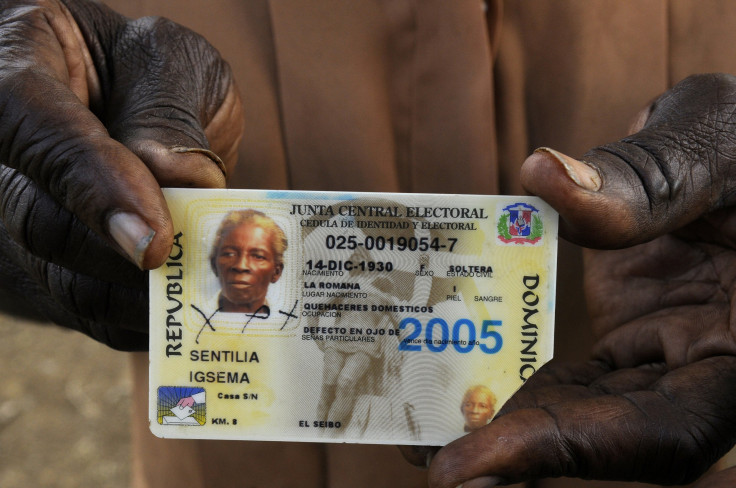
The Associated Press reports that officials from Haiti and the Dominican Republic held talks on Tuesday in the Haitian border town of Ouanaminthe in an attempt to ease mounting tension between the two countries. At the heart of the talks was a September ruling by the Dominican Supreme Court in favor of a new law which human rights groups say could strip as many as 200,000 Dominicans of Haitian descent of their citizenship. The closed-door discussions came after Venezuela hosted a December meeting between Haitian President Michel Martelly and Dominican President Danilo Medina on the subject of the law, which Dominican authorities had previously refused to discuss with Haiti, saying it could not be appealed.
In a joint statement issued by the two countries after Tuesday’s meeting, both parties said that “while recognizing the sovereign right of the Dominican Republic to determine its migration policy and rules for the granting of nationality, the Haitian party sought assurance that concrete measures are being taken to safeguard the fundamental rights of people of Haitian origin.” The statement adds that the Haitian delegation also raised concerns over “the case of Haitian students in the Dominican Republic who are forced to return to Haiti every three months to renew their student visa,” which the Dominican delegation said they would evaluate. Dozens of Haitian students studying in the neighboring country were unable to renew their visas after the Dominican foreign ministry suspended -- indefinitely, and without explanation -- the renewing of visas to foreign students.
Another source of tension between the two countries, which share the island of Hispaniola, came after the botched robbery and murder of an elderly Dominican couple near the Haitian border. A mob retaliated by killing a Haitian man, after which Dominican officials staged a mass deportation, expelling some 244 Haitian residents. Reuters notes that under the September ruling, the offspring of undocumented immigrants who arrived after 1929 are no longer considered citizens, even if they were born in the Dominican Republic. The court also ordered the government to go back through birth rolls to strip those individuals of their citizenship, after which a National Regularization Plan will extend them a path to permanent residency and possibly citizenship. But the terms of eligibility for citizenship are as yet unclear. The government puts the estimate of individuals who could see their citizenship stripped at about 24,000, of whom 13,672 are Haitian.
© 2025 Latin Times. All rights reserved. Do not reproduce without permission.





